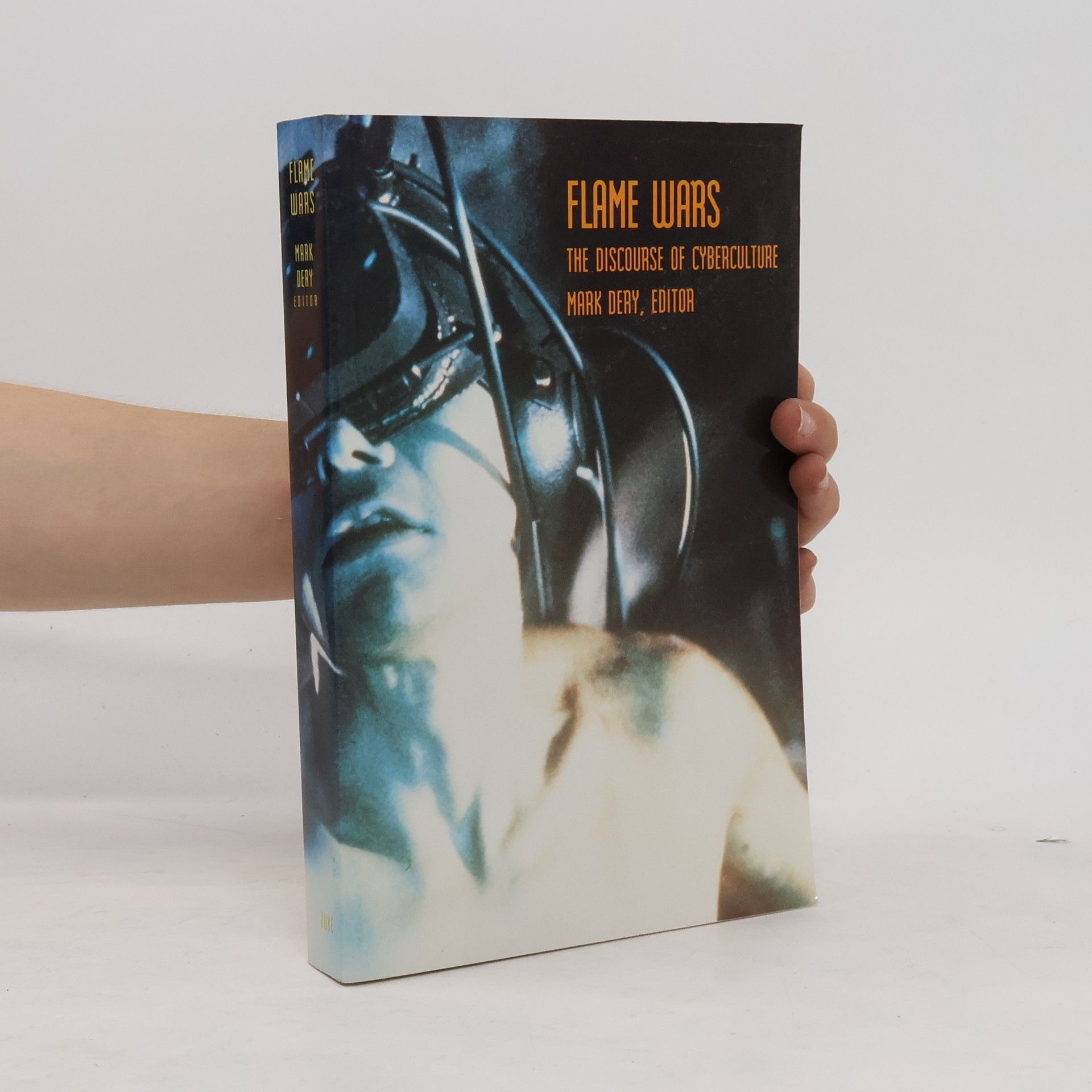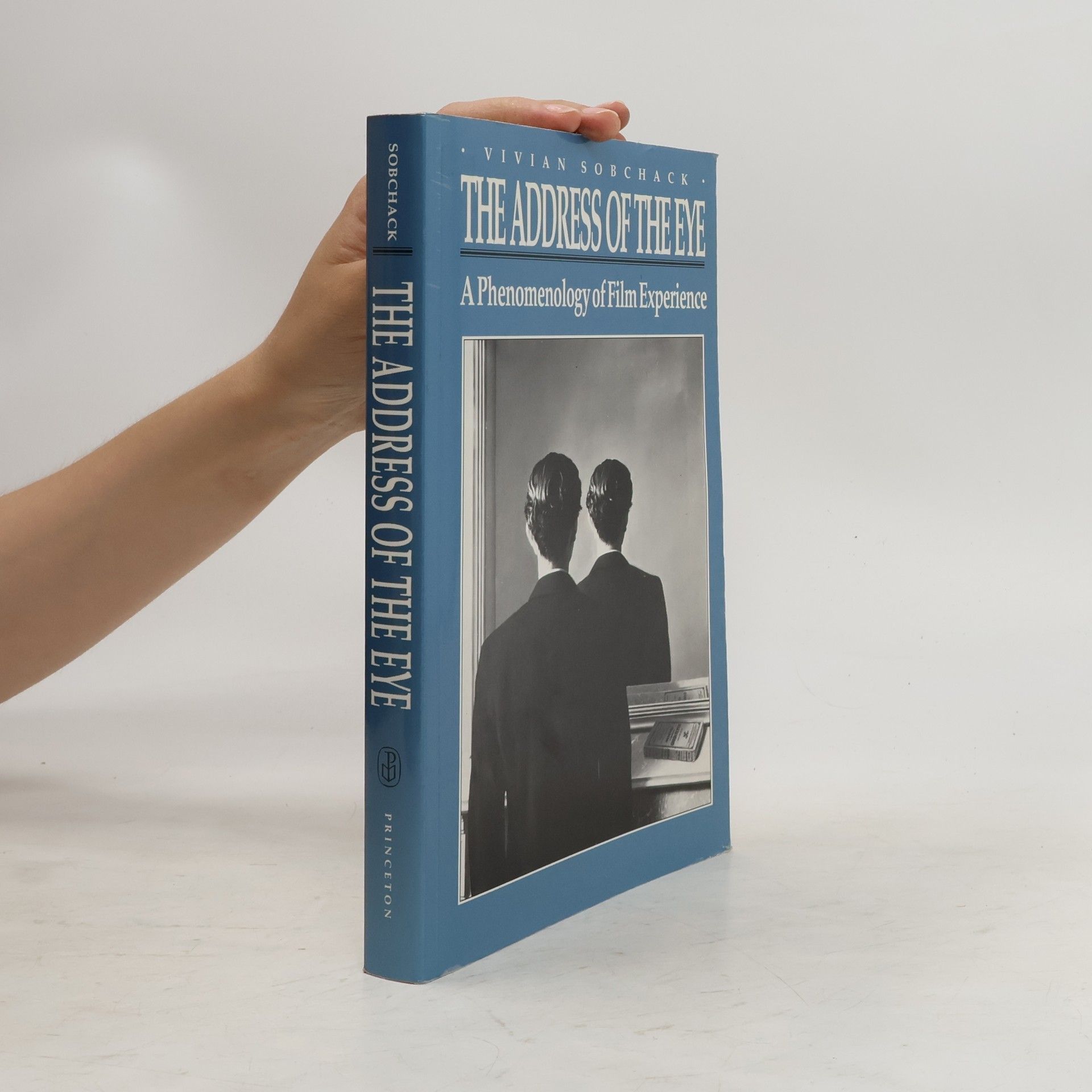Cinema is a sensuous object, but in our presence it becomes also a sensing, sensual, sense-making subject. Thus argues Vivian Sobchack as she challenges basic assumptions of current film theory that reduce film to an object of vision and the spectator to a victim of a deterministic cinematic apparatus. Maintaining that these premises ignore the material and cultural-historical situations of both the spectator and the film, the author makes the radical proposal that the cinematic experience depends on two "viewers" viewing: the spectator and the film, each existing as both subject and object of vision. Drawing on existential and semiotic phenomenology, and particularly on the work of Merleau-Ponty, Sobchack shows how the film experience provides empirical insight into the reversible, dialectical, and signifying nature of that embodied vision we each live daily as both "mine" and "another's." In this attempt to account for cinematic intelligibility and signification, the author explores the possibility of human choice and expressive freedom within the bounds of history and culture.
Vivian Sobchack Knihy
Vivian Sobchack je průkopnickou myslitelkou v oblasti filmových a mediálních studií, která se zaměřuje na fenomenologii filmového zážitku. Její práce zkoumá, jak diváci vnímají a prožívají pohyblivé obrazy, a to prostřednictvím pečlivé analýzy filmových žánrů a kulturních studií. Sobchackina vlivná esejistika a publikace prozkoumávají hluboké spojení mezi tělem, vnímáním a filmovou kulturou a osvětlují, jak se naše chápání reality formuje prostřednictvím vizuálních médií. Její eklektický výzkum spojuje filozofii, filmovou teorii a historii, aby nabídl jedinečný pohled na to, jak film odráží a ovlivňuje naše vnímání světa.


"Flame Wars" explores the verbal battles occurring on electronic bulletin boards, highlighting our growing reliance on technology for communication. As we engage more with machines, we become cyborgian hybrids, reflecting a shift towards a future where virtual communities are commonplace. The essays in this expanded edition reveal the complexities of fringe computer culture, showcasing a diverse array of figures, from flame warriors to technopagans who view computers as tools of the occult. Readers will encounter unique narratives, such as a short story by William Gibson featuring software that self-destructs after a single reading, and the story of Lady El, an African American cleaning woman transformed into a powerful cyborg. The anthology also delves into online swinging, mechanical performance art, and includes an interview with Samuel Delany. The contributors, inspired by Fredric Jameson’s vision of cognitive cartography, aim to map the intricacies of our increasingly wired world. With essays from notable voices like Anne Balsamo, Pat Cadigan, and Erik Davis, this collection offers a thought-provoking glimpse into the intersection of technology, culture, and identity.